
I phoned my father at the start of sophomore year to tell him that I had declared social studies as my major. There was silence on the other end of the phone for a little while and then he asked, “What’s that?”
Social studies is a degree that very few people outside the Harvard community, particularly outside the US, know about. I find myself describing it as Harvard’s version of politics, philosophy, economics (PPE), which is mostly true, but it also includes statistics and history.
Through discussions with a friend who studies PPE at Christ Church College at the University of Oxford, I have been able to identify a few differences between our two courses.
Brits in America: tips on applying to US universities as an international student
Brits in America: the 2018 midterm elections
Brits in America: when Harvard visits China
Brits in America: experiencing the US political machine
At Oxford, PPE is taught in small tutorials with the assessments largely essay-based, even in economics. The essays are graded but they do not contribute to your final grade. It is the end-of-year exams that establish your grade.
At Harvard, the social studies degree requires you to take only one compulsory class each semester after freshman year and then you are given a large amount of freedom to choose the area of PPE that you wish to focus on. You are obliged to take one class in statistics and economics, and the rest of the requirements are centered around your “focus field.” My focus field is as yet unconfirmed, but it is leaning towards European or East Asian Affairs.
The introductory class, known as social studies 10a, aims to give students a taste of the major and give you an opt-out option if it doesn’t float your boat. Initially, I took the class to gain a strong background in social theory and to then switch to major in economics. However, I fell in love with the major and the community, and I soon found myself a thriving and eager social studies student.
In the course of just one semester, I read Hobbes, Rousseau, Locke, Tocqueville, Kant, Adam Smith, Mill, Douglas, Marx, Engels and Jacobs. I was lucky to have the course head as my tutorial leader. Tutorials are smaller groups of students that meet and engage in intense debate around the readings.
This became my favourite class, not only because of the intellectual stimulation that the tutorials offered me, but the strong friendships forged there. The class grade is established through participation and three essays.
In addition to the smaller tutorials, I attended lectures once a week. The lecturer, James Johnson, was a professor of history at Boston University, and he presented the historical context surrounding the texts assigned for reading. It was in these lectures that the whole class came together and people could contribute in the latter half.
I have spoken three times and each experience was positively terrifying. Some people don’t speak at all; others can be relied upon to speak at least once per lecture. It was this small exercise of academic flexing in front of the whole class that sparked extensive discussion after the lecture concluded.
Read more: Brits in America: hard work pays when nothing else will






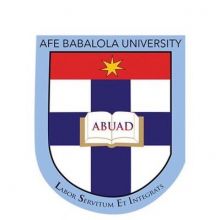


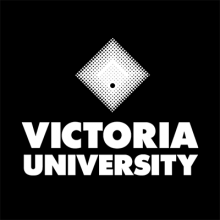
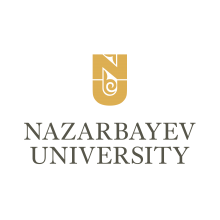
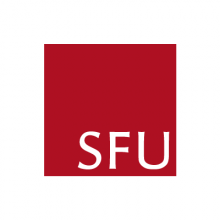


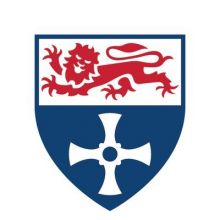
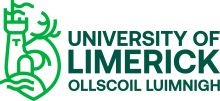


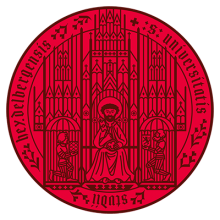
Have your say